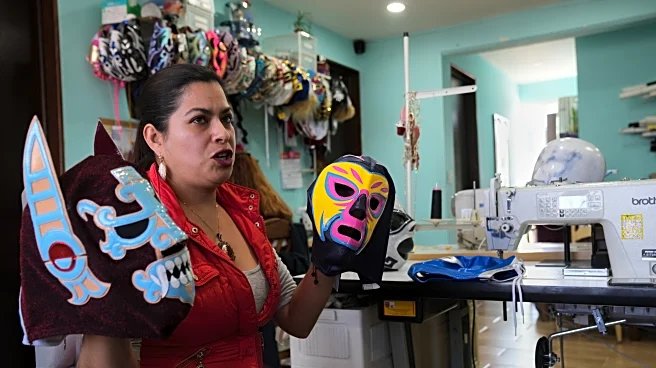What's Happening?
Recent scientific studies have delved into the phenomenon of inner monologues, revealing that not everyone experiences them. Since the late 19th century, researchers have been investigating inner experiences, including thoughts, feelings, and sensations
that define a person's inner life. This research encompasses inner speech, commonly referred to as an 'inner monologue,' and in some cases, individuals hearing voices. Two leading researchers in this field, Russell Hurlburt from the University of Nevada and Charles Fernyhough from Durham University, have contributed significantly to understanding these experiences. Their work involves Descriptive Experience Sampling and studies on voice hearing, respectively. These insights are part of a broader exploration into how individuals perceive their inner selves and the scientific explanations behind these perceptions.
Why It's Important?
Understanding inner monologues and their variability is crucial for advancing psychological and neurological sciences. This research can impact how mental health professionals approach conditions related to inner speech and voice hearing, potentially leading to more personalized treatment strategies. It also opens up discussions about the diversity of human cognition and perception, challenging the assumption that everyone experiences their inner world similarly. By exploring these differences, scientists can better understand the complexities of human consciousness, which may influence educational methods, therapeutic practices, and cognitive research. The findings could also contribute to broader societal awareness and acceptance of diverse mental experiences.

















